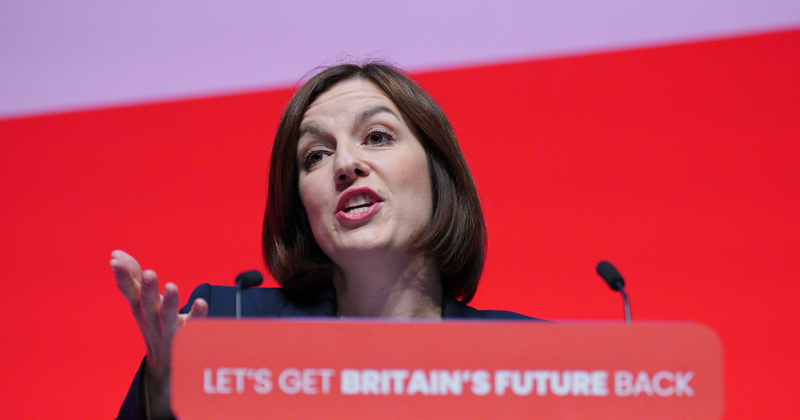Given that perhaps the biggest problem in education at the moment is that not enough people want to be teachers, it was surprising that so little was said about it in any of the big speeches at party conferences this year. The Conservatives built up the Prime Minister’s plans for maths to be taught to 18 with a new proposal to replace A levels and T levels with the ‘Advanced British Standard’, while the Secretary of Stage promised non-statutory guidance to ban mobile phones. Labour promised to improve maths in primary schools, including financial literacy and ‘real world maths’, while the Liberal Democrats committed to making the National Tutoring Programme a permanent feature for schools.

All the parties seem to have taken up the issue, most recently explored in the Times Education Commission, that the curriculum needs to be broader – the ABS offers breadth post-16, Labour committed to including creativity and resilience in a curriculum review and the Liberal Democrats would include arts subjects in the EBacc.
Each party was trying to look longer term as well as provide ideas for now. The Conservatives were clear that it would take at least ten years to implement a new single qualification, and that they would also need to make changes to GCSEs. Labour’s promises for a curriculum review suggests that they understand that change should be slow and sustainable. The Liberal Democrats’ proposed Standing Committee to build consensus about what a broader curriculum should look like acknowledges that education is contested and that it will take time to build a plan that is not easily dismantled.

There are of course implications for teaching in these proposals. The ABS would require an extra 195 hours of teaching in Year 12 and 13, as well as many more maths teachers. Labour promised to ‘upskill’ primary maths teachers, as part of their commitment to building an entitlement to training and CPD. The Liberal Democrats do things a little bit differently, using their Conference to agree plans for the future which included a teacher workforce strategy.
It was Bridget Phillipson, the Shadow Secretary of State for Education, who spoke most eloquently about the profession. She was clear in her view that teaching needs to be made more attractive, and that this would require resetting the relationship between government and teachers, and being much more vocal about the value of education. She reflected what our Fellows had said to Stephen Morgan MP, that teachers want the opportunity to work together to build a better education system.

At the Chartered College, our mission is to empower a knowledgeable and respected profession. We want to see a profession steeped in scholarship. I was disappointed not to hear more about how policies might move us in that direction. But it is clear that there is a space for us to work with all parties to make sure your voices are heard and your expertise is valued as we continue to build an education system that works for everybody . After all, education is nothing without you.
